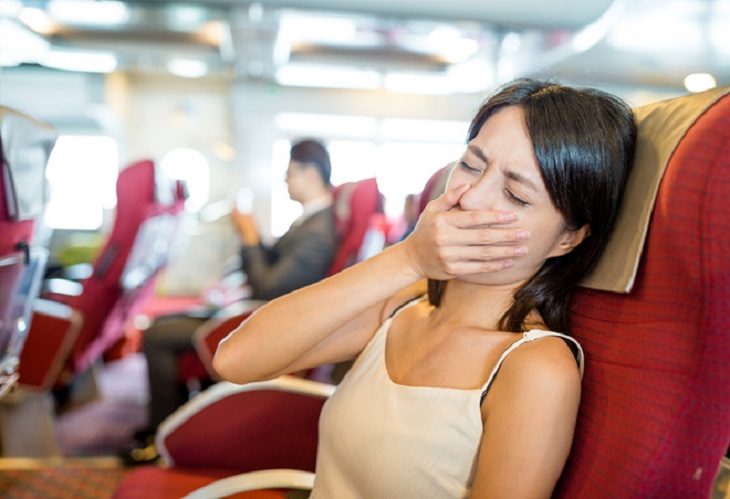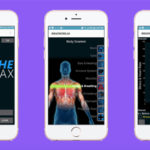The Causes of Motion Sickness on Trains
According to Associate Professor Dr. Chu Quoc Truong, motion sickness is characterized by symptoms resulting from the body’s decreased ability to adapt and increased sensitivity of the vestibular system when exposed to unfamiliar stimuli, such as sudden shifts in position, speed, and direction.
The occurrence of motion sickness can also be attributed to a decrease in cerebral blood flow.

- There are several possible causes for poor cerebral blood flow, including low blood pressure and vestibular disorder.
- Before the trip, one may experience fatigue or drowsiness due to insufficient sleep.
- Issue: Overeating or extreme hunger.
- If you find yourself feeling anxious or restless, it may be beneficial to address these emotions and find ways to cope with them.
- Experiencing the presence of gasoline, cigarette smoke, vehicle scents, noxious odors, and similar fragrances.
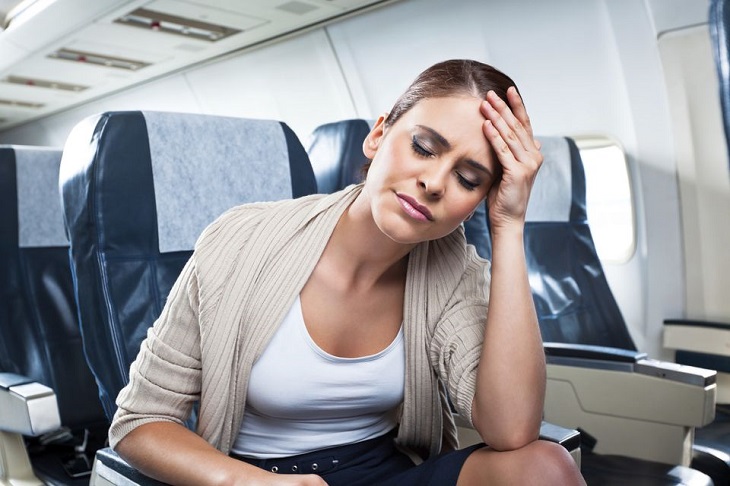
Identifying Two Noteworthy Indicators of Motion Sickness
—–
Symptoms of Motion Sickness
Motion sickness can cause a variety of symptoms that can make you feel uncomfortable and unwell. Some of the common symptoms associated with motion sickness include:
- Nausea
- Vomiting
- Dizziness
- Cold sweats
- Headache
- Fatigue
- Loss of appetite
- Feeling unsteady or off balance
If you experience any of these symptoms while traveling or in a moving vehicle, it is likely that you are experiencing motion sickness. It is important to take precautions and seek relief to prevent further discomfort.
—–
-
Symptoms: Feeling uncomfortable, pale, tired, dizzy, nauseous, etc. with mild symptoms of motion sickness.
- During the advanced stage of motion sickness, an individual may exhibit an increase in saliva production, accompanied by stomach discomfort. This escalated stage of motion sickness may also induce symptoms such as vomiting, dizziness, and significant physical debilitation.
-
It is common to experience fatigue for several hours following motion sickness, even after disembarking the train.
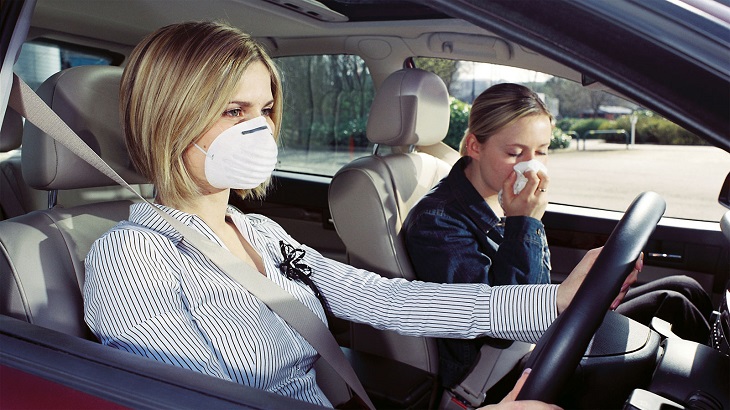
Preparing for the Journey Home During the Tet Holiday: 3 Things to Keep in Mind
If you are aware of the causes of motion sickness, it is important to consider certain factors before boarding a train or bus:
- To ensure optimal seating, we recommend occupying the front seat, preferably in the row nearest to the driver. In the case of a train journey, aim to sit facing the direction of travel.
- Please refrain from engaging with books or visual stimuli.
- Observation Point: Minimal Movement in Distant Areas
- Ensure you have an adequate amount of sleep prior to boarding the train.

4 Strategies for Avoiding Motion Sickness During the Tet Journey Home
Shop Now for Tickets to the Grand Theatre Show
“The seating position plays a crucial role in mitigating the effects of motion sickness. In general, choosing seats near and behind the driver is advisable for minimizing motion sickness. Sitting in the rear of the vehicle can sometimes cause a sensation of being abruptly thrown during turns, attributed to the force of inertia.”
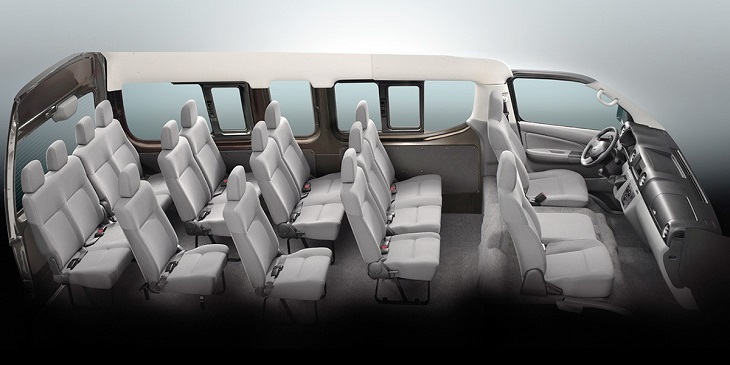
10 Tips to Stop Slouching and Stabilize Your Seating Position
To optimize your seating experience, it is crucial to ensure a stable and comfortable position once you have selected and acquired your seat of choice. It is advisable to refrain from conversing while facing backward, as this practice can contribute to increased motion sickness.
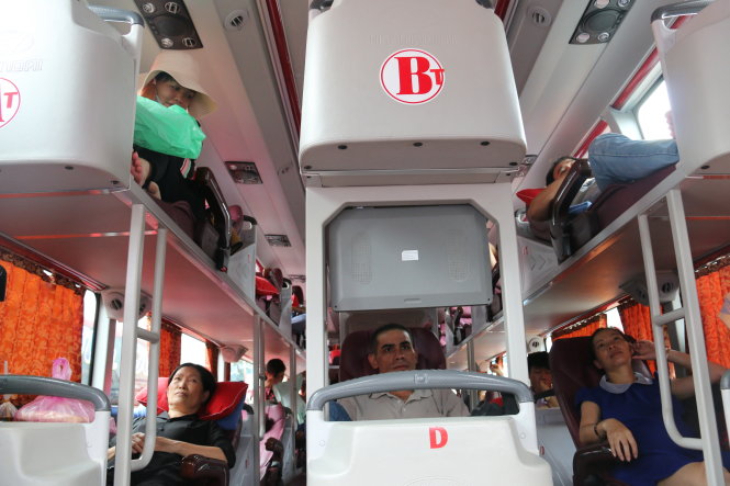
Please refrain from interacting with or acknowledging individuals who are experiencing motion sickness, as it can negatively impact your own mood and imagination, leading to a perception of motion sickness. Instead, we recommend listening to music or taking a restful sleep.
Prevent Motion Sickness on Long Trips with Medication
Please be cautious while considering this solution as it may bring convenience, but it is important to avoid overusing it. It is worth noting that motion sickness medication can have potential side effects on your well-being in the long run.

Combat Queasiness with Motion Sickness Foods
-
Ginger
One option to alleviate train sickness is to suck on a piece of ginger throughout the duration of the journey or beforehand. Additionally, chewing ginger with warm water prior to boarding the train and consuming it can also be effective.

-
The ingredients for this recipe include citrus peel and bread.
Experience a more comfortable train journey with our motion sickness prevention tool. Simply use our scented pads or citrus peels (pomelo) to release the essential oils that help alleviate motion sickness. Say goodbye to queasy rides and enjoy each trip to the fullest.

-
Preserved Apricots (or Ginger-Flavored Preserved Apricots)
Enjoy a delightful and soothing experience on your train ride by savoring our delectable preserved apricots. By either sucking or gently chewing on these treats, you can effortlessly distract yourself from any potential motion sickness. Let the exquisite flavors transport you to a state of relaxation while you travel.

How to Properly Nourish Your Body With Food and Drink
Plan ahead and enjoy a light meal and refreshments about an hour prior to your train boarding time. It is important to strike a balance and avoid overindulging.

Tips for Minimizing Motion Sickness in Kids
Motion sickness is a common issue that can affect both children and adults. While children tend to experience it less frequently than adults, it is still important to be prepared, especially when traveling during Tet. To help prevent motion sickness in children, here are some helpful tips to consider:
- Please ensure that your child does not consume excessive amounts of food or experience hunger prior to boarding the train.
- It is advisable to have your child sit upright for a short period of time after consuming food or milk. This will help prevent the possibility of regurgitating the recently ingested substances. It is not recommended to lie down immediately after eating or drinking milk.
- To facilitate burping in your child, gently pat their back.
- Engage in interactive conversations and activities with your child, as they are unlikely to experience any feelings of nausea.
-
If your child experiences the sensation of nausea, it is advisable to allow them to vomit rather than forcing them to endure it.

It is beneficial to familiarize your child with riding in vehicles, as this helps reduce the likelihood of them experiencing motion sickness. Encouraging regular car travel can help establish a habit that minimizes the chances of motion sickness in children.
By sharing the above information, we hope it will assist you in your journey home for Tet. Let the fear of experiencing motion sickness no longer hinder your travel plans!
























